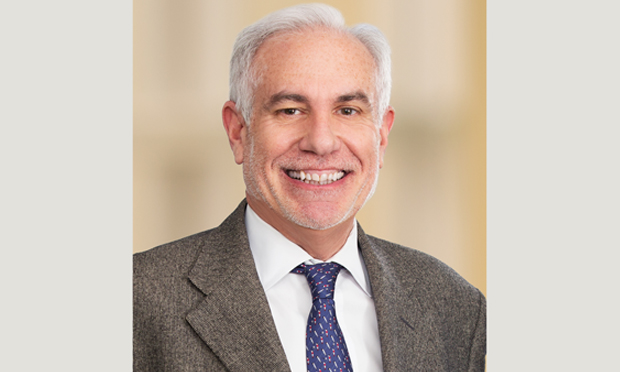In a famous 1975 lecture before the Collège de France, the philosopher and social theorist Michel Foucault proposed that the plague of the mid-1300s inspired two contradictory responses: one “literary” in which “law is forgotten,” one “political” in which the power of the state “is exercised to the full.” I want to set aside for today the anarchic response to pandemics and draw our attention to the political response, which to intellectual historian Martin Wagner “imagines the measures taken against the spreading of the disease as a complete imposition of political power over the population and, concretely, over the individuals into which this population can be divided.”
We’ll consider Foucault’s concern in greater detail, but at the outset it’s important to note that his bifurcated perspective does not exhaust the whole of law’s relationship to pandemics. Nonetheless, it’s a solid stepping-off point.


 Randy D. Gordon, a partner at Barnes & Thornburg LLP. (Courtesy Photo)
Randy D. Gordon, a partner at Barnes & Thornburg LLP. (Courtesy Photo)




